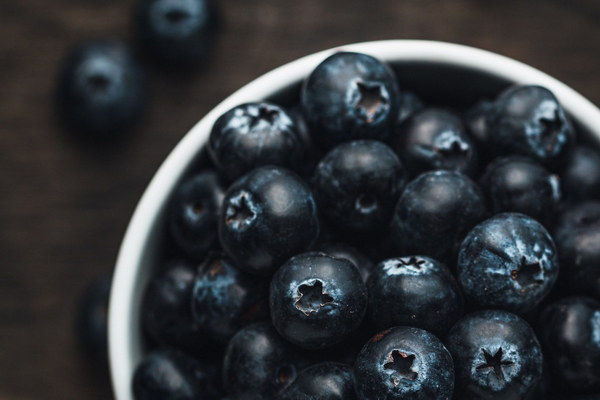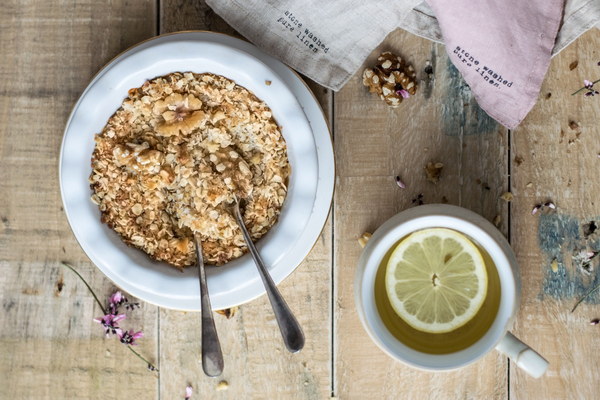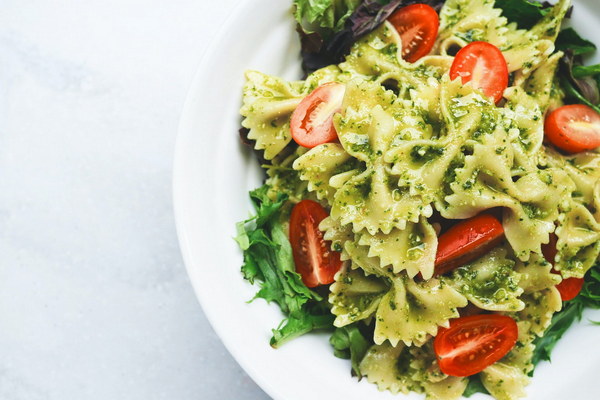Revitalize Your Vessels Proven Strategies for AntiAging Vascular Health
In the relentless pursuit of youthful vitality, one often overlooked aspect of health is the condition of our vascular system. Aging not only affects our skin but also the health of our blood vessels, leading to a host of age-related diseases. However, with the right approach to vascular health, we can slow down the aging process and ensure a robust, youthful circulation. This article delves into the world of anti-aging vascular health, offering practical strategies to keep your vessels youthful and resilient.

Understanding Vascular Aging
Vascular aging refers to the gradual deterioration of the blood vessels, which can lead to reduced blood flow and increased risk of heart disease, stroke, and other complications. As we age, the inner lining of our blood vessels becomes thicker and less elastic, which is known as atherosclerosis. This condition narrows the blood vessels, impairs blood flow, and increases the risk of plaque buildup and clots.
Strategies for Anti-Aging Vascular Health
1. Balanced Diet
A diet rich in fruits, vegetables, whole grains, lean proteins, and healthy fats can significantly reduce the risk of vascular aging. Foods high in antioxidants, such as berries, dark chocolate, and green tea, help protect the lining of blood vessels from damage. Additionally, omega-3 fatty acids found in fish, nuts, and seeds can improve blood vessel health by reducing inflammation and improving blood flow.
2. Regular Exercise
Physical activity is crucial for maintaining vascular health. Aerobic exercises, such as walking, running, cycling, and swimming, help to increase the heart rate, improve blood circulation, and strengthen the heart muscle. Furthermore, exercise can help lower blood pressure, reduce cholesterol levels, and enhance overall cardiovascular health.
3. Maintain a Healthy Weight
Excess weight can put a strain on the cardiovascular system, increasing the risk of vascular aging. Losing weight through a combination of diet and exercise can help reduce the risk of heart disease and stroke. Aim for a weight that is within the healthy range for your height and body composition.
4. Limit Alcohol Consumption
Excessive alcohol intake can damage the heart and blood vessels, leading to increased risk of hypertension, heart failure, and stroke. Limiting alcohol consumption to moderate levels is essential for maintaining vascular health.
5. Stop Smoking
Smoking is a significant risk factor for vascular aging. It increases the risk of atherosclerosis, thickens the blood, and reduces the ability of blood vessels to expand and contract. Quitting smoking can significantly improve vascular health and reduce the risk of heart disease and stroke.
6. Manage Stress
Chronic stress can contribute to high blood pressure and other cardiovascular risks. Engaging in stress-reducing activities, such as meditation, yoga, or deep-breathing exercises, can help keep your vascular system healthy.
7. Regular Check-ups
Regular medical check-ups are essential for detecting and managing risk factors for vascular aging. Your healthcare provider can help you identify areas of concern and develop a plan to maintain optimal vascular health.
Conclusion
Vascular aging is an inevitable part of the aging process, but it is not an inevitable fate. By adopting a healthy lifestyle that includes a balanced diet, regular exercise, maintaining a healthy weight, limiting alcohol consumption, quitting smoking, managing stress, and regular check-ups, you can significantly reduce the risk of vascular aging and enjoy a healthier, more vibrant life well into your golden years. Remember, the key to anti-aging vascular health lies in taking proactive steps to protect and maintain the health of your cardiovascular system.









